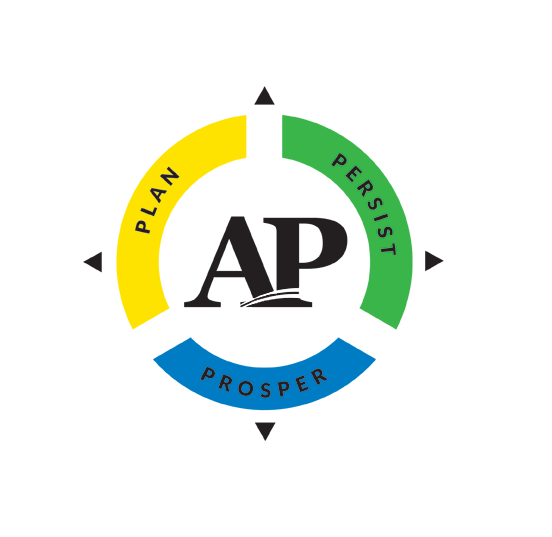What happens when we go from thinking only about ourselves to thinking from the perspective of others? We grow in empathy and that empathy can develop into compassion.
Compassion is actionable.
It’s also a choice that we have to make. It’s deciding to acknowledge that we’re contributors to the interactions we have with others as well as what results from those interactions. The buck begins and ends with us.
Compassion involves opening ourselves up — becoming vulnerable while helping someone else move forward.
Having an “other” mindset allows us the freedom to take full responsibility for the relationships we build or choose not to build. This mindset pushes us to take a step back and see people as they are.
Some are struggling. What would it be like to struggle like the person in front of us? How can we help them?
Outward mindsets are both simple and complicated. It all begins with us taking ownership over our thinking and then stepping into the shoes of the person in front of us.
This mindset boils down to something simple: Treat others the way we want to be treated. Or, as Stephen Covey once said, “seek first to understand, then to be understood.”
References
Covey, S. (1989) 7 Habits of highly effective people. New York: Simon & Schuster.
The Arbinger Institute (2016). The outward mindset: seeing beyond ourselves. Oakland, CA: Berrett-Koehler Publishers
